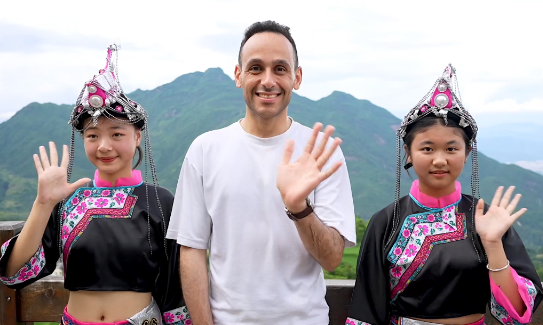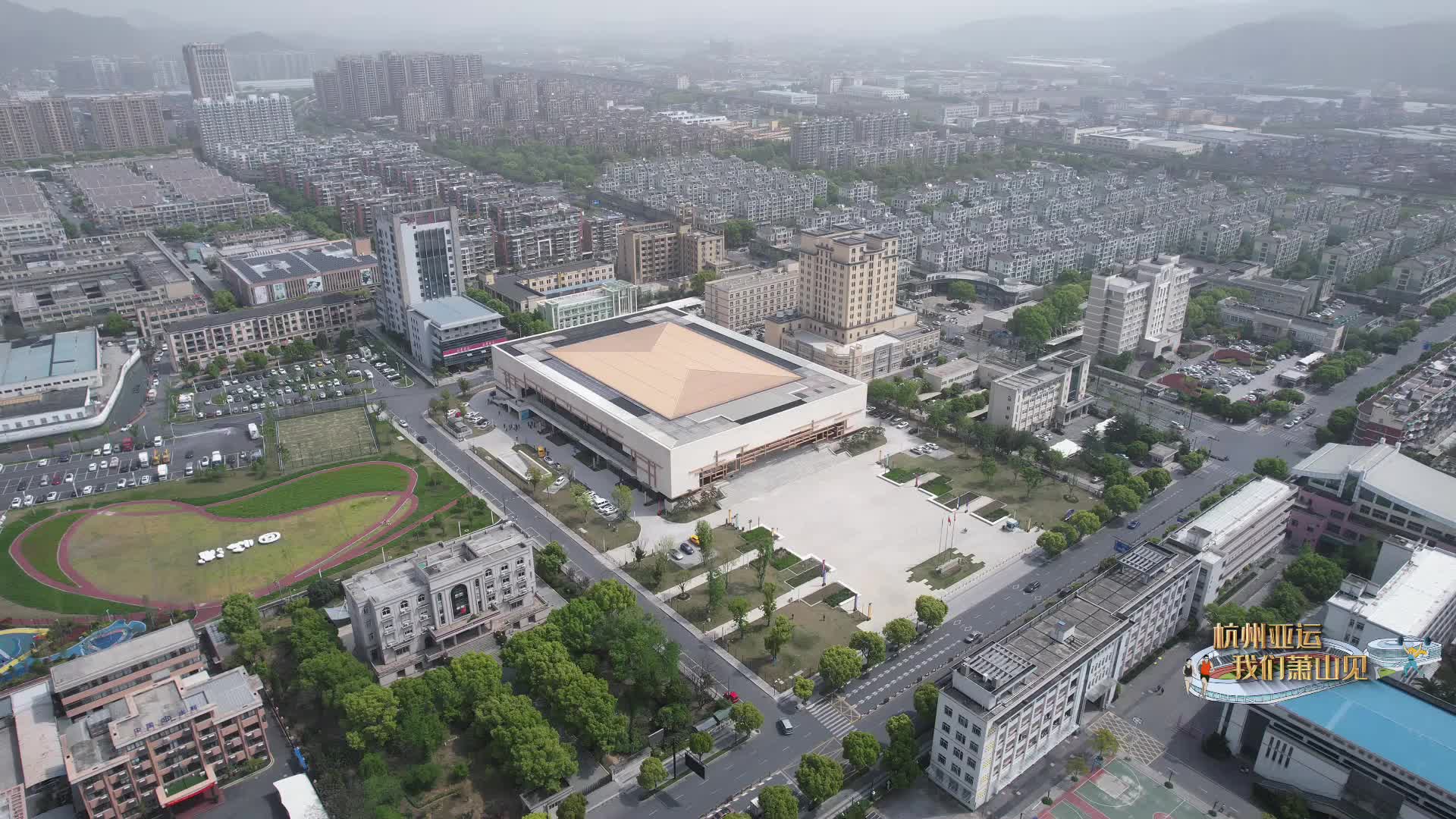Decoding the Common Prosperity: What is China's common prosperity? Why Zhejiang?
The idea of common prosperity has been circulating in China in recent years – a fundamental principle of socialism with Chinese characteristics.
But common prosperity is not a new idea – it was first mentioned by the Communist Party of China (CPC) in 1953. They specifically advocated agricultural cooperatives to provide financial support for farmers.
In "Resolution on the Development of Agricultural Production Cooperatives," released by the CPC in December that year, common prosperity was described as the ultimate goal for Chinese farmers.
Since then, the term has been brought up by Chinese leaders many times.
For Chinese President Xi Jinping, common prosperity is a very crucial part of his work plan.
In February 2021, China announced that it had successfully eradicated extreme poverty. At a national commendation conference held to mark that accomplishment, Xi said China's extreme poverty eradication is a solid step towards common prosperity.
And Xi emphasized at the 2022 World Economic Forum that China's common prosperity plan is for everyone, but it's not egalitarianism.
"The common prosperity we desire is not egalitarianism. To use an analogy, we will first make the pie bigger, and then divide it properly through reasonable institutional arrangements. As a rising tide lifts all boats, everyone will get a fair share from development, and development gains will benefit all our people in a more substantial and equitable way," said Xi.
Now, with the country establishing a moderately prosperous society, China's next task is to expand the economic pie and benefit everyone using reasonable methods. And to do that, it needs to promote high-quality development to improve overall income-levels in both urban and rural areas, and reduce the income gap to avoid polarization.
Professor He Wenjiong, vice president of Institute for Common Prosperity and Development at Zhejiang University, said China's common prosperity plan allows gaps, but based on general prosperity.
"Common prosperity means everyone is getting wealthy, but with certain reasonable gaps. And this reasonable range is acknowledged and accepted by most people," said the professor.
To speed up the process to reach common prosperity, China's coastal province of Zhejiang was chosen as a demonstration zone in 2021. Zhejiang is one of the smallest provinces in China, but also one of the richest.
In 2021, Zhejiang's GDP was more than 7.35 trillion yuan ($1.06 trillion) , the fourth highest across the country. Disposable income per capita in Zhejiang ranks the third, only after the mega cities of Shanghai and Beijing.The income gap between urban and rural areas is also the lowest nationwide.
The region is backed by powerful private businesses – in 2021, private companies contributed towards 67 percent of the province's GDP. Internet giants such as Alibaba and NetEase set up their headquarters here.
But Zhejiang also has a large potential for improvement in different areas.
More than 70 percent of the areas in Zhejiang are mountainous – and the urbanization rate shows an obvious divergence among different cities. So, the province still can improve in areas such as urban-rural composition and regional coordination.
If Zhejiang succeeds, it will set a great example for the whole country.
"Zhejiang's efforts will show whether overall development can be achieved and the gap between different areas can be reduced. It will also test different methods to see which ones work best for its development and whether they can be applied to the whole county," said He.
But common prosperity is not only about becoming wealthy, but an overall improvement of all aspects in life, including education, social welfare and even mental well-being. And achieving common prosperity does not mean that everybody will become prosperous at the same time – some areas and some people may develop faster than others, and those that do are expected to help others catch up.
Now Zhejiang has set a series of specific goals. For example, it aims to increase disposable income per capita to 75,000 yuan (some $10,823) by 2025. That would be a 30 percent increase from the average income in 2021. It also aims to increase its urbanization rate to 75 percent by 2025.
Other specific goals in reaching common prosperity have also been set in expanding the economic pie, narrowing income gaps, equalizing public services, meeting people's spiritual needs and protecting the environment.
-
Foreign teacher, Hangzhou students capture picturesque countryside
August 9, 2023
-
Hangzhou Asian Games launch 50-day-to-go campaign
August 4, 2023
-
Hangzhou achieves 6.9% GDP growth in H1 2023
July 27, 2023



